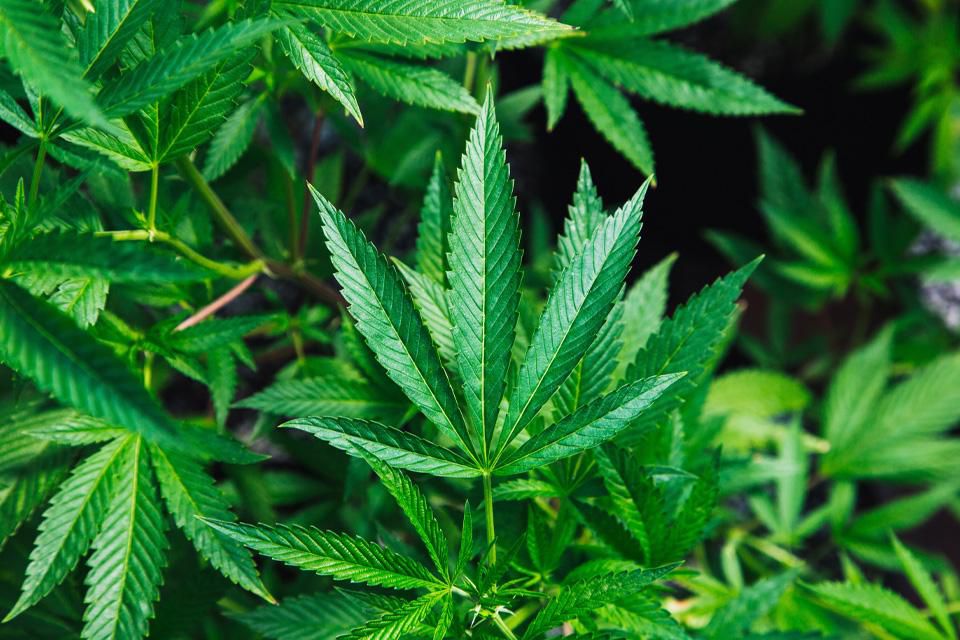To some, it’s a cure-all medicine, whilst to others, it’s a herbal menace which should be kept well away from civilised society. Now scientists have revealed the latest research into the effects on cannabis on the brains of people who use it. Research presented at Neuroscience 2018, the annual meeting of the Society for Neuroscience, has revealed that weed is something of a double-edged sword. ‘Today’s findings lend new understanding of the complex effects that cannabis has on the brain,’ said Michael Taffe, an expert in substance misuse at the Scripps Research Institute. ‘While it may have therapeutic potential in some situations, it is important to get a better understanding of the negative aspects as well, particularly for pregnant women, teens, and chronic users.’
Psychologists said that exposing adolescent rats to weed caused more activity in parts of the brain associated with habit formation, suggesting they are likely to succumb to addiction. Marijuana also disturbs the development of a part of the brain responsible for planning, decision-making and self-control, meaning the teen rodents might have difficulties taking the right course of action. Long-term cannabis use also alters the connections within brain regions responsible for learning and memory in adult and teenage mice – meaning their memories suffer. If weed has the same effect on human brains, it would mean adolescent smokers are damaging their life chances.
However, there was some good news for pro-pot campaigners. The psychologists found that mice with Alzheimer’s showed an improvement in their memory when given weed, which ‘suggests a possible therapy for the human disease’. In a statement, the Society for Neuroscience wrote: ‘Many people start using marijuana as teenagers – a particularly vulnerable time as the brain is still developing – when there is evidence for increased risk. ‘At the same time, a growing number of people are turning to marijuana for the relief of symptoms of chronic diseases such as epilepsy and multiple sclerosis. These use patterns highlight the need to better understand the long-term effects of marijuana, particularly in sensitive populations such as unborn children and adolescents.
Credit: metro.co.uk













